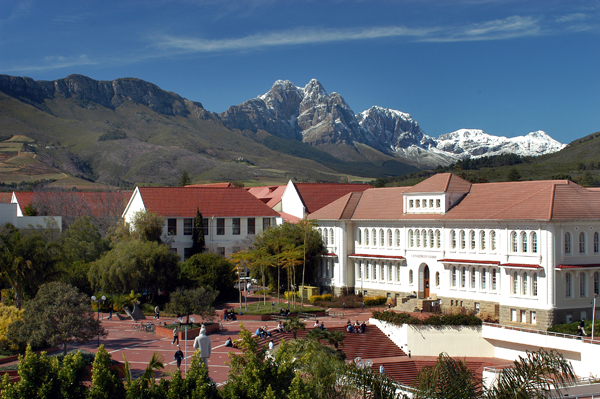The aim of the Read more [...]
Science and Technology Studies
Course Category: Master and Master of Arts
-
Focus of Study
Science and Technology Studies (STS) is about interrogating and understanding science as a social system and as a force influencing and shaping society and life. It looks at knowledge and technology in the context of people’s lives, and studies the interactions and relationships between science and society. Scholars in this field investigate how social, political and cultural forces and values shape scientific research and technological innovation, and how these, in turn, impact on society, politics and culture. They are also interested in how people respond to science – the expectations that people have of science to deliver solutions and innovations, but also the concerns about the ethical boundaries and impacts of cutting edge science.
Three different options are open to students wishing to enroll for an MPhil Degree in STS at CREST:
(1) General Science and Technology Studies,
(2) Research Management and Evaluation, and
(3) Public Science Engagement.
Prospective students can also enroll for a PhD in STS in any of the above three areas. The DST-NRF CoE in Scientometrics and STI Policy offers post-graduate students research opportunities in specialist topics within STS.
Course Description
The programme will be of value to a variety of professionals, academics and managers. More specifically the following people will find the course of value: Programme officers in ministries and departments of science and technology Programme officers in research funding agencies, such as the National Research Foundation Research directors and professionals working in research management offices at universities and scientific institutions Scholars interested in scientific knowledge production: how science is generated, disseminated and utilised. Scholars who are interested in the history of science and scientific institutions (such as universities, science councils, institutes) on the African continent.
Candidates obtain the MPhil degree after successful completion of eight structured modules as well as a research report. Attendance of all eight course modules is compulsory. The topic of the research report must be chosen in consultation with the Course Director. The modules are assessed by assignments. Students must achieve at least 50% in each of the modules AND a grade average of 50% or higher. The research report (approximately 15,000 words) will be internally examined and externally moderated. The eight modules constitute 120 credits (15 credits each) and the research report 60 credits. The admission requirement is an Honours degree in any field of science (the social sciences and humanities included), with an average of 65%.

